Teams 2.0: What do all the performance improvements mean?
Rumors come true?
2 min. read
Updated on
Read our disclosure page to find out how can you help Windows Report sustain the editorial team. Read more
Key notes
- Microsoft has been rumored to have been working on Teams 2.0.
- The new-gen app will reportedly consume less energy and boot up faster.
- However, it may take a while until it's out for general public.
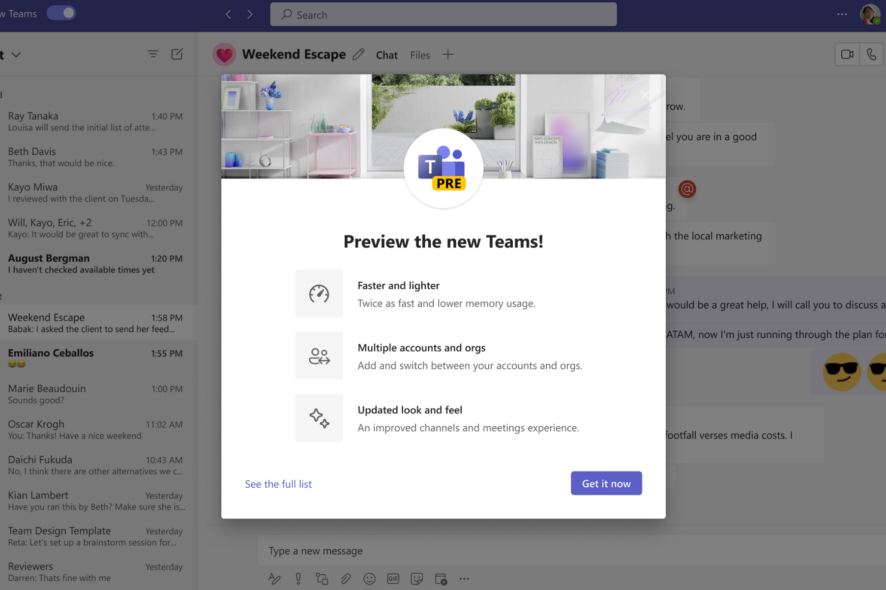
Microsoft said that a newer, speedier, and more energy-efficient Teams app is coming soon — some calls it as Microsoft Teams 2.0.
Speaking in a blog post, Redmond official Anupam Pattnaik said that the app has arrived for preview release for several select insiders as an experiment before rolling it out for all mobile and desktop users in the June 2023, including on Mac and web devices.
The app has never been far from performance issues since it first came out, not to mention the endless loop of its over-the-top data usage.
“The preview of the new Teams app is currently only available to our commercial users on Windows. We’re working on extending the preview of the new Teams to a broader set of customers, including Education, Government Clouds, and platforms such as Mac, VDI, and Web later this calendar year.”
Previously, rumors about Microsoft Teams 2.0 have been circulating. Several tech publications reported the same thing: a rebuilt version, dubbed Teams 2.0, is coming and it will be a ground-up revolution & a nice upgrade to Edge Webview 2 and Javascript library React-powered technologies.
What does Microsoft Teams 2.0 mean?
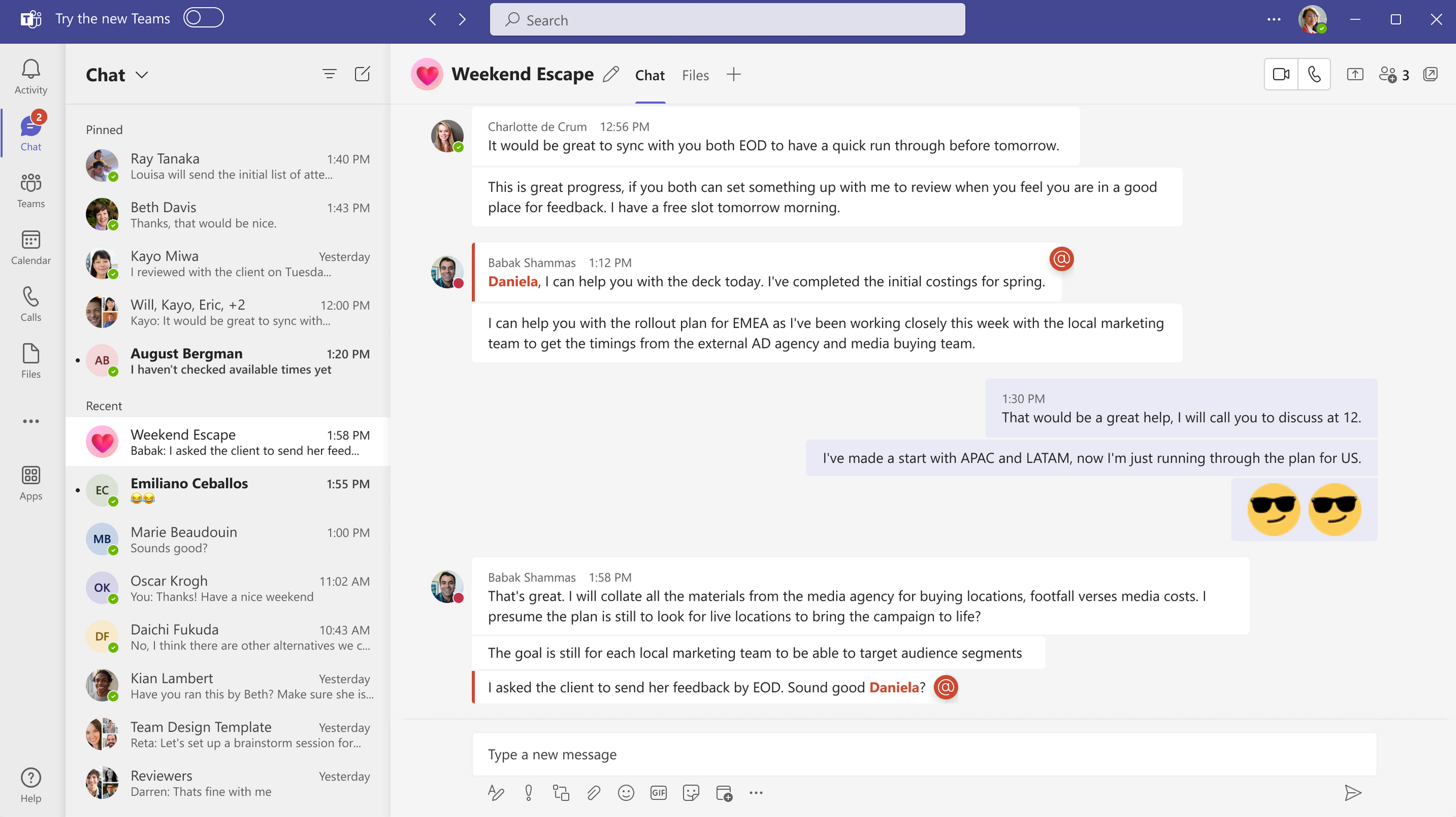
While Redmond officials do not officially call it a “Teams 2.0,” the brand-new app will boast a plethora of nice updates, especially in speed and performance.
Installing, launching, joining a meeting, and switching between chats and channels will at least be twice faster as the current version. It will also consume less memory by half and less disk space by almost a third of four.
Not only that, but the new Teams will also support a swift and smooth switch between emails, and it can be super helpful for those working in different organizations eg: one for work and one for school.
Microsoft also adopts Trusted Types and implements a more stringent Content Security Policy to protect users’ data from cyberattacks, especially cross-site scripting.
What do you think about this? Let us know in the comments!


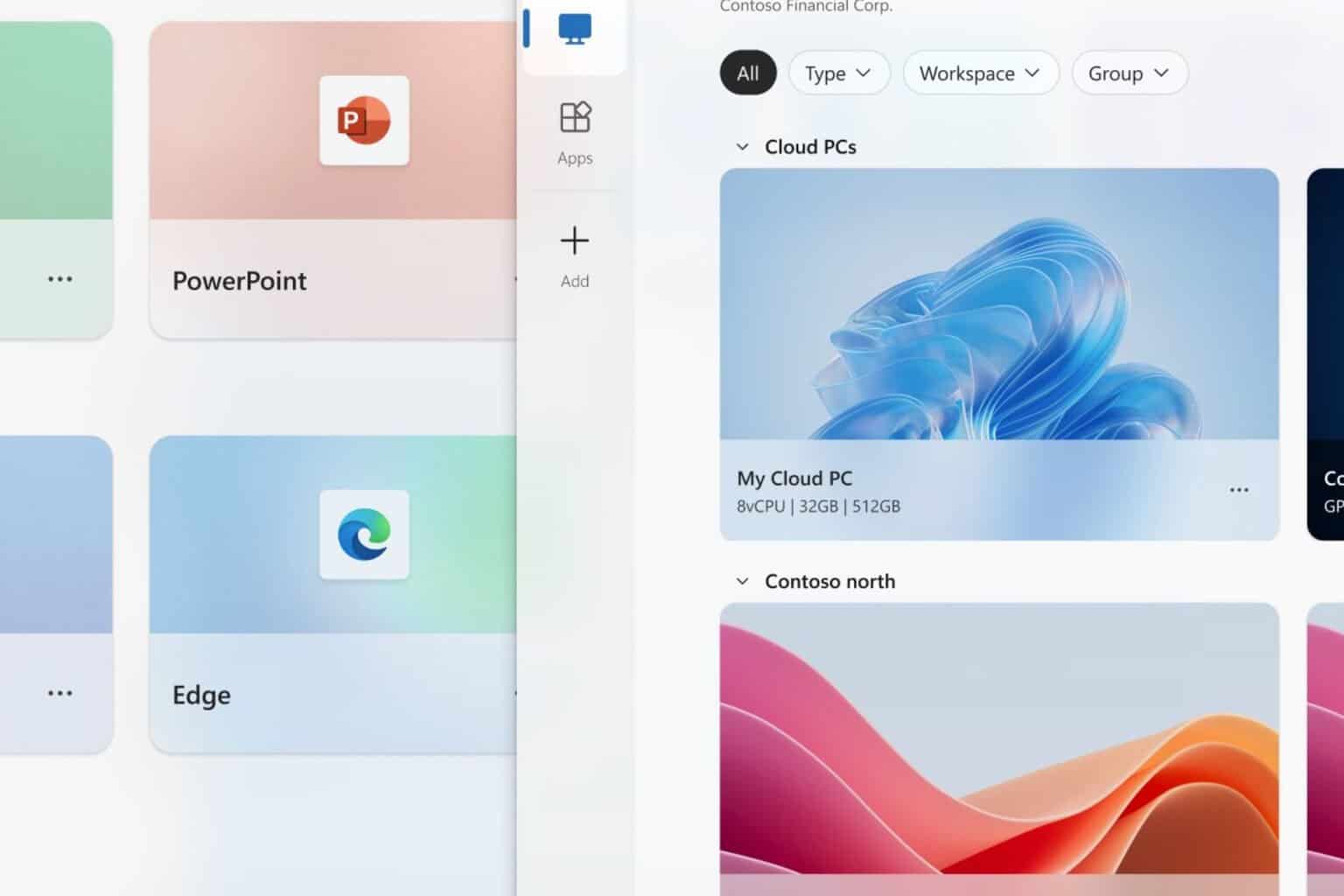
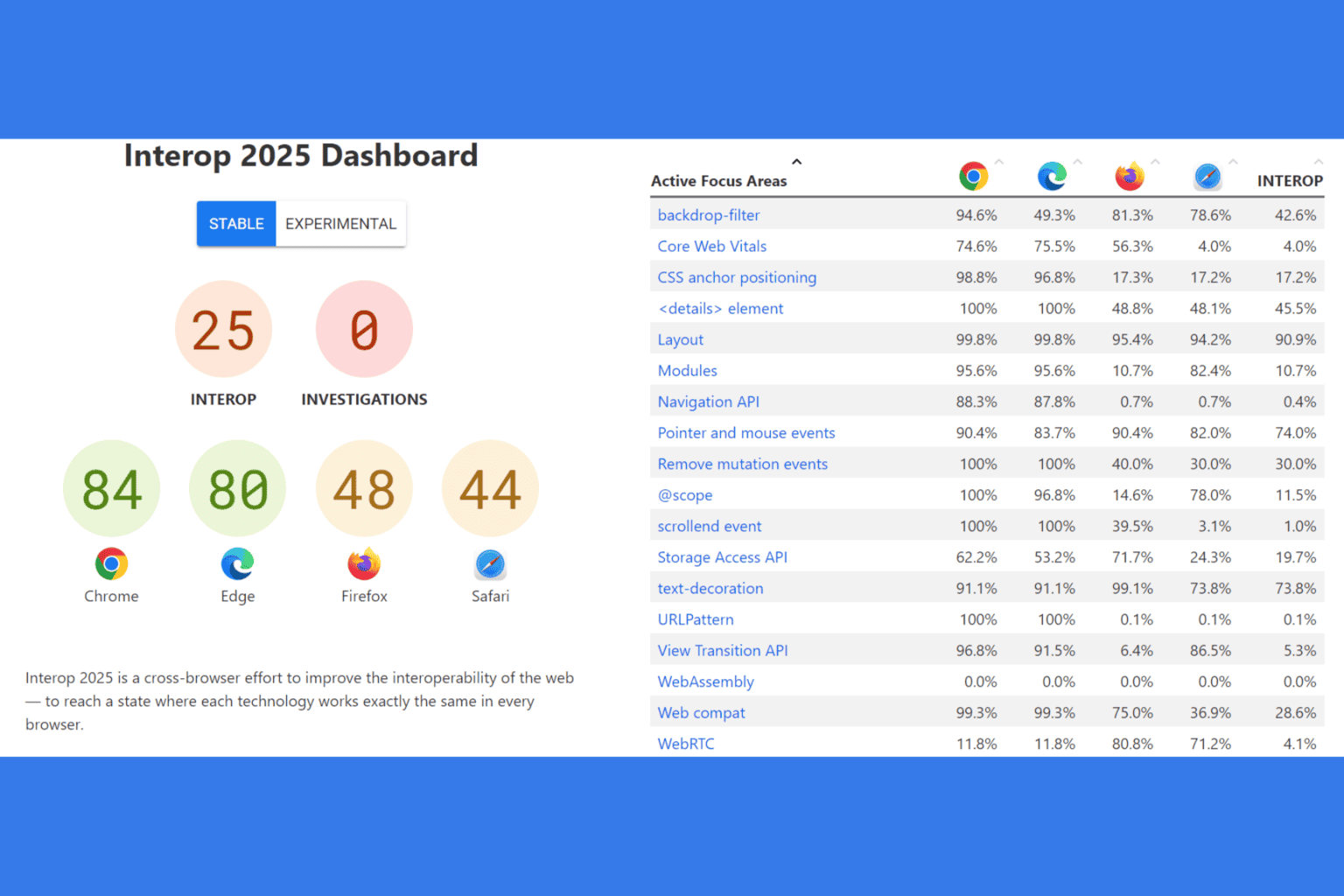
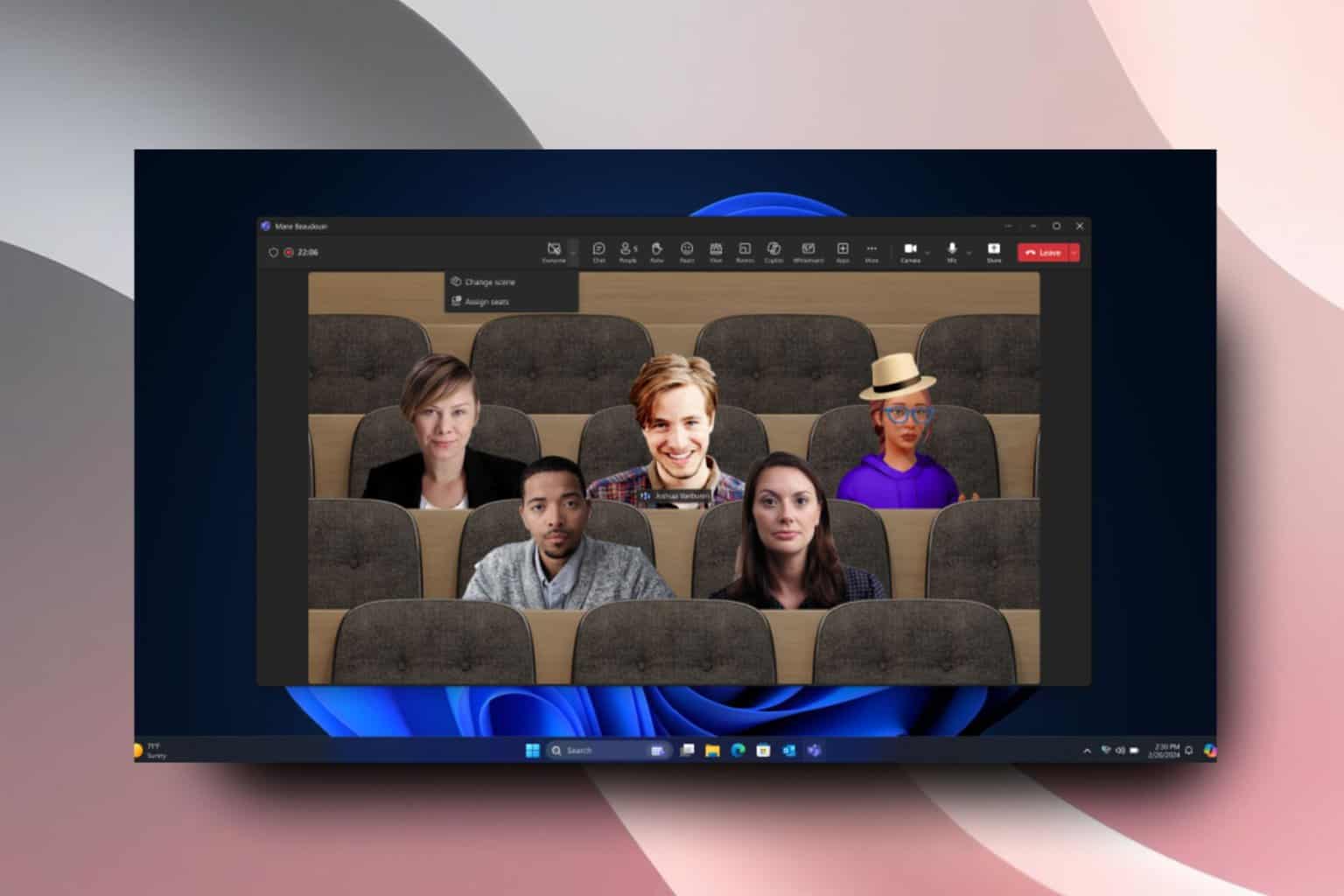
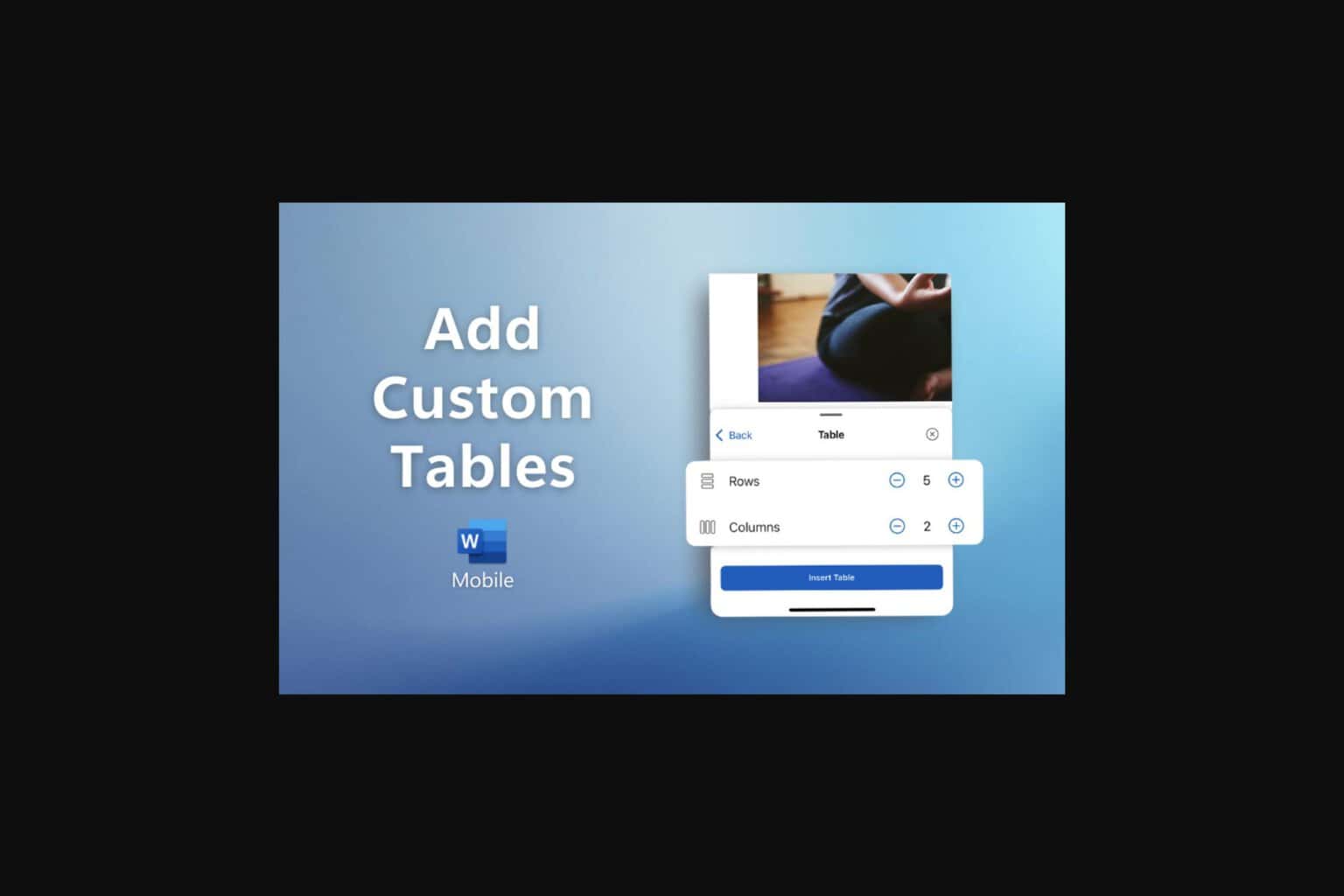
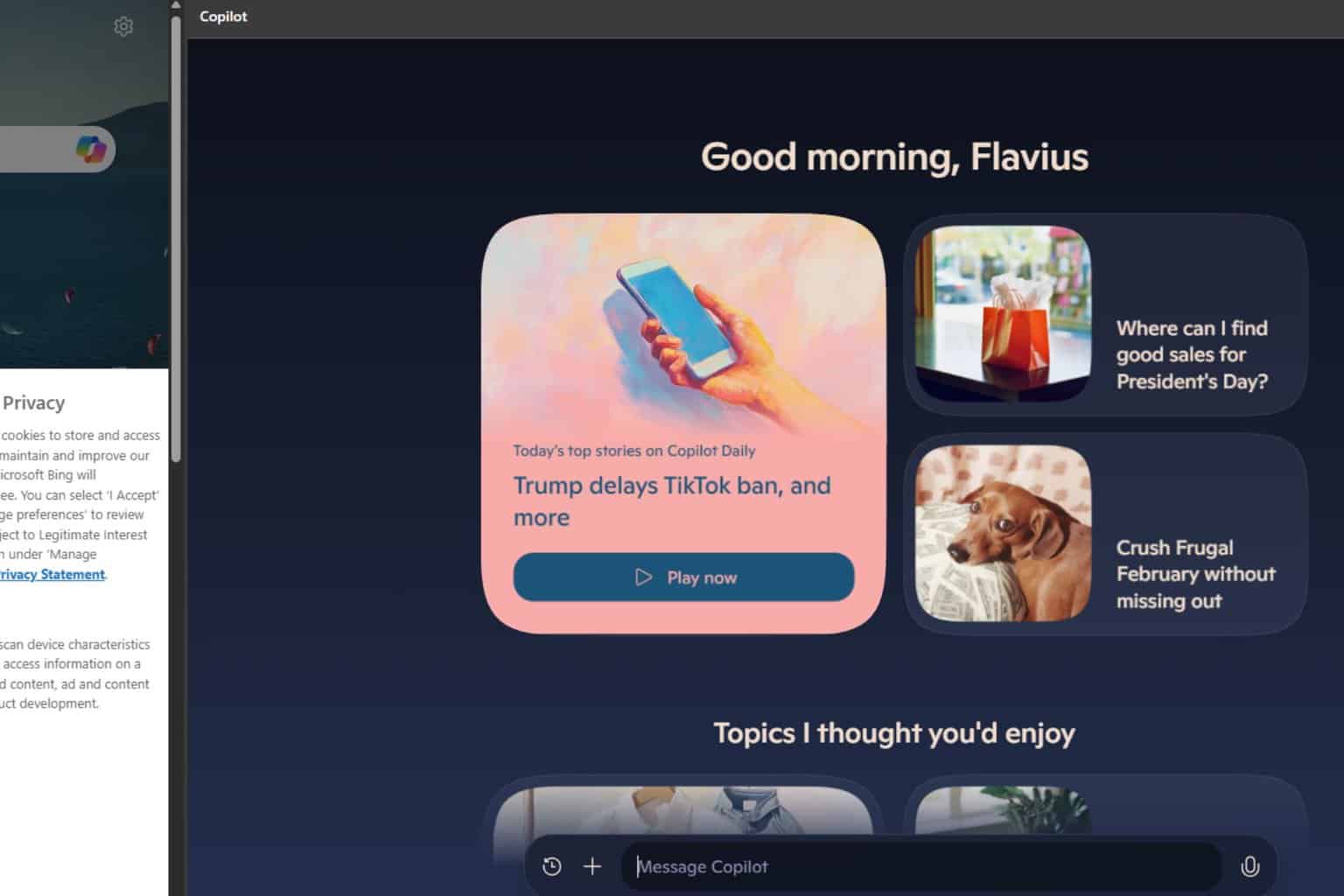
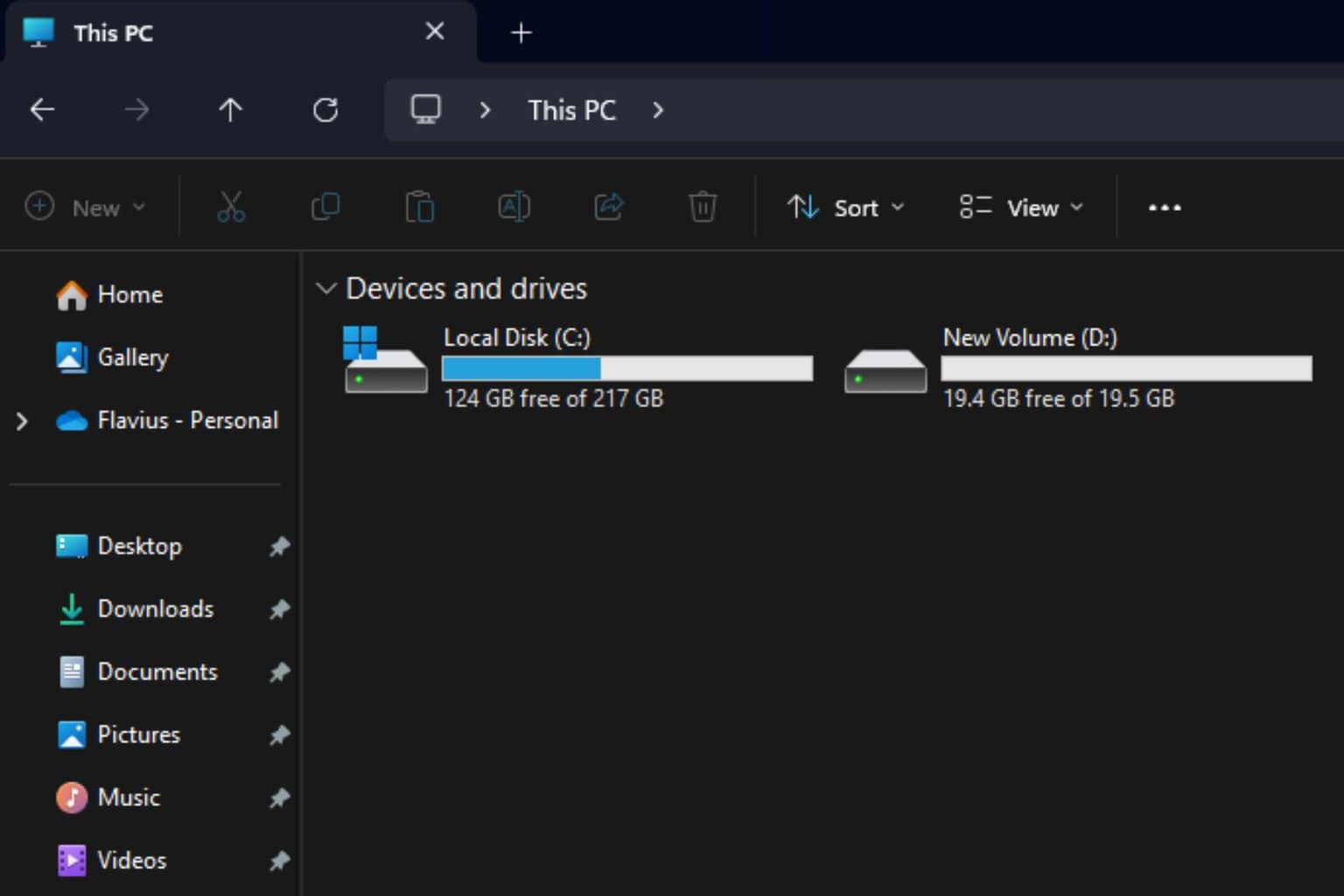
User forum
0 messages